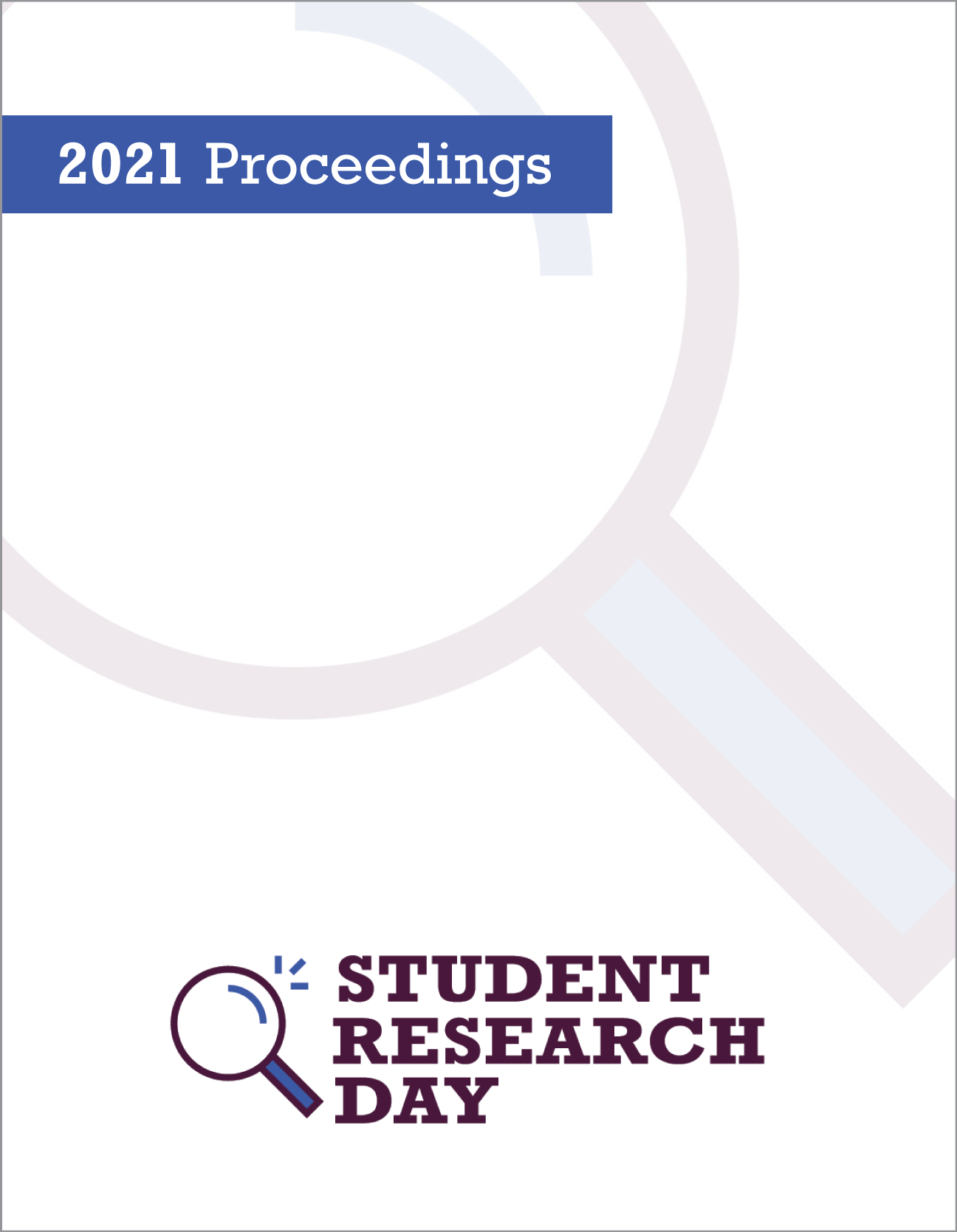A Plague of Racism: An Analysis of the Racialization of the Plague Throughout History
Abstract
The Corona virus is not unique in its racialization of disease. Throughout history pandemics have been blamed on particular nations and given names based on that—the Spanish flu, or the “Russian Influenza”. This is a two-prong issue of racism in pandemics, firstly is blaming the issue on a particular group, and second is not providing proper health care to racialized groups. In Canada today, Aboriginal, Metis and Inuit people provide inadequate health care based on their remoteness, in America today black communities are disproportionately affected by the Carona virus. And today with the Carona virus there has been a massive increase in anti-Asian hate crimes. This is not unique in history however, the plague that devastated much of Europe and later India was blamed primarily on racialized groups. These groups became seen as simultaneously the victims and the perpetrators of the disease. The plague represents perfectly the combination of improper treatment of disease based on race and the blaming of a pandemic on a racialized group. The plague alone has been blamed on Chinese people in Hawaii, Indians in India and Jews in Europe. Although the racialization of disease is not new, it is based on incorrect assumptions and is incredibly problematic. In particular, India is one of the best examples of the ignorance involved in the racialization of disease. In the case of India, the British government ignored the fact that the poor living conditions were caused primarily by their own actions and not those of the “dirty natives”, ignored the fact that the disease did not originate in India, ignored that Britain itself experienced a more severe pandemic of the same bacterium and ignored traditional methods of healing.
Department: Interdisciplinary Dialogue Project
Faculty Mentor: Dr. Aidan Forth
References
Published
Issue
Section
License
Authors retain any and all existing copyright to works contributed to these proceedings.



